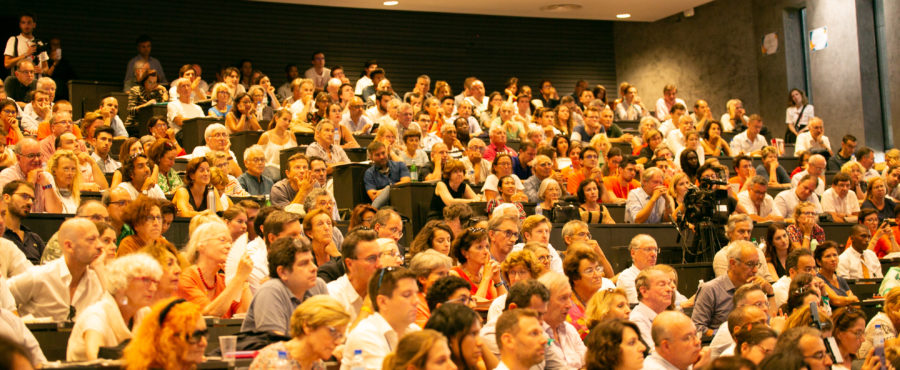6 Jul 2019
Can we Eradicate Corruption?
Debate 4

Corruption varies considerably from country to country. Despite measurement problems, studies show a positive correlation between corruption and poverty. Even if this does not prove that corruption is at the root of poverty, corruption interferes with the proper functioning of institutions and the formal economy. It contributes to create and sustain a climate of defiance towards elites and politicians. In fact, political life is perceived all over the world (rich and poor countries alike) as the area which is most affected by corruption. Thus, corruption in rich countries usually involves considerable sums of money and leading actors (senior officials, politicians, business leaders). In poor countries, this corruption of elites coexists with a widespread form of corruption that involves small sums of money and modest bureaucrats. According to estimates by the World Bank, about 3% of world’s trade is comprised of bribes.
Whilst (almost) everyone agrees on the need to fight corruption, the means to be employed spark debate. It is sometimes difficult to draw the line between capture, lobbying and corruption. In addition, it raises the question of the instrumentalization of the fight against corruption: does the will to denounce corruption not sometimes serve as a pretext for economic interference or internal political struggles? Finally, do mechanisms of surveillance (automatic exchange of data, publication of income of our political representatives, etc.) and sanctions (debarment, fine, prison) reduce or shift corruption?
Contributions
Debate 4 – Can we Eradicate Corruption?
Corruption varies considerably from one country to another. In spite of measurement problems, studies show a positive correlation between corruption and poverty. Even if it does not prove that corruption is at the origin of poverty, corruption lives as a pest on the smooth running of institutions and the formal economy.
Download





















































































